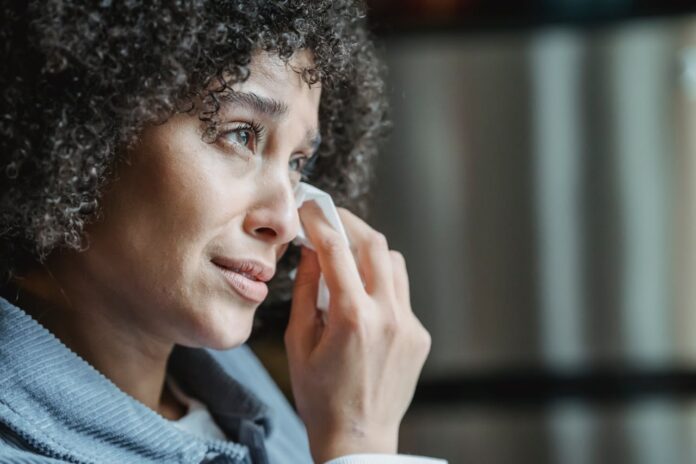In our society, crying is often seen as a weakness. There’s a stereotype that men shouldn’t cry and that when girls do, they’re being dramatic.
But here’s the truth: When someone cries, it doesn’t mean they’re weak. Yet, we often dismiss or ignore those tears, thinking it’s okay to hurt someone who’s already in pain.
Did you know that crying is actually a way to regain our mental strength? We all cry. And afterward, we often feel a calmness, like the quiet after a storm.

Crying is a sign of emotional intelligence. When we cry, we connect with our feelings. This helps us face our emotions with more strength.
Sometimes, a good cry is just what we need to release stress and tension. It’s okay to cry because, in the end, we’ll be alright.
Roger Baker, the author of Emotional Processing: Healing Through Feeling and Professor of Clinical Psychology at Bournemouth University, says:
“Crying helps us process emotions faster than if we didn’t cry at all. If your father passed away, you’d naturally cry. You’d think about him constantly, talk about him, and find it hard to focus on anything else. But over time, that pain would lessen. You’d reach a point where you could look at his photos without feeling overwhelmed. That’s when you know you’ve processed your emotions. It’s not just time that heals — it’s everything you do to process those feelings.”
Dr. Judith Orloff adds:
“Crying makes us feel better, even if the problem isn’t solved. Emotional tears heal the heart. Don’t hold back your tears. Let go of outdated ideas about crying. It’s healthy to cry. Tears help clear sadness and stress. They’re essential in grieving, helping us process loss so we can keep living with open hearts. Otherwise, suppressing these feelings can lead to depression. When a friend apologized for crying on my floor over a failed romance, I told her, ‘Your tears blessed my floor. There’s nothing to apologize for.’”




